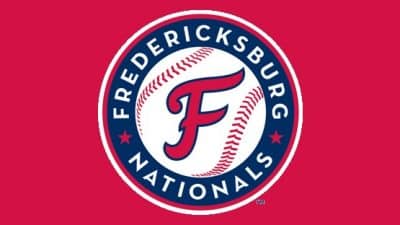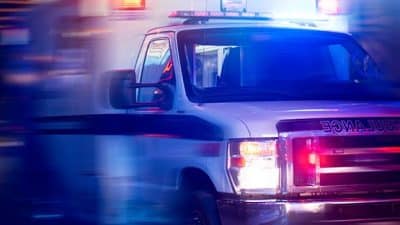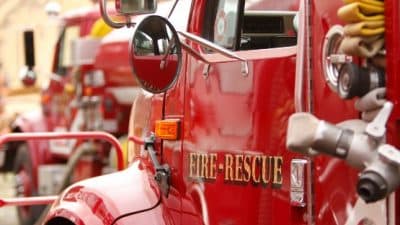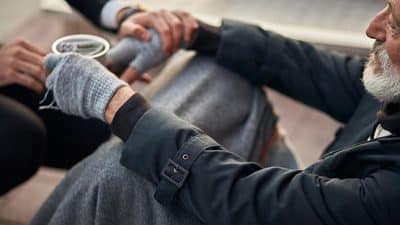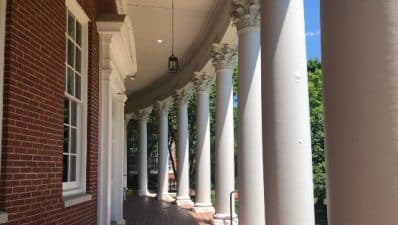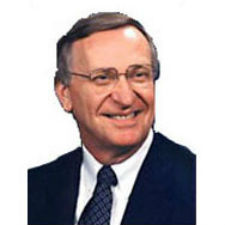
Supposedly there would be no professional politicians–just regular every-day folks. Such an approach should work out well to have the community broadly represented.
In the past, because of laws and practices, most legislatures have been filled mostly with old white men. Recent years have seen a shift including in Virginia as more women are running for office and getting elected. This year has more women, young people, and people of color running than ever before.
With the diversification of who sits in the legislature the challenge becomes taking people of many different backgrounds, perspectives and constituencies and bringing them together to work for consensus on legislation to get a majority vote. While skills acquired in business and civic activities teach many of the soft skills of interpersonal relationships and team building that are transferable to a legislative body, there are unique differences that are important to recognize.
Most legislatures with whom I am familiar have orientation programs to acquaint new members with where the bathrooms are, rules of order in committee meetings and on the floor, and operating procedures around the capitol. Putting legislation together, developing a strategy for its passage, and keeping constituents back home happy are most often handled by the political party caucuses or helpful mentors.
Another source of in-service training I have found invaluable are conferences put together by professional associations, specifically the National Conference of State Legislatures (NCSL). I am at their national conference this week. NCSL keeps up with what is happening in state capitols around the country and through publications, conferences and consultancy keeps legislators informed. The association is truly non-partisan, although its leadership–chosen from among state legislators across the country–maintain their party allegiance while the staff is able to stay out of the partisanship.
Virginia of course had the first representative legislature in the western world beginning in 1619. Not everyone followed the Virginia model however in writing their constitution of organizing their legislatures. I continue to be amazed as I work with colleagues from around the country as to the number of different ways that legislative bodies can organize themselves and do their business. No one has a corner on the best way to do the people’s business, but we can learn from taking a look at how other states conduct their business.
NCSL refers to the states as the laboratories of democracy. The description is appropriate as we all face mostly the same challenges. Our responses are different, however. By getting together for what some would call a conference, but what I think is more appropriately called in-service training, we can do a better job for the people we represent.




